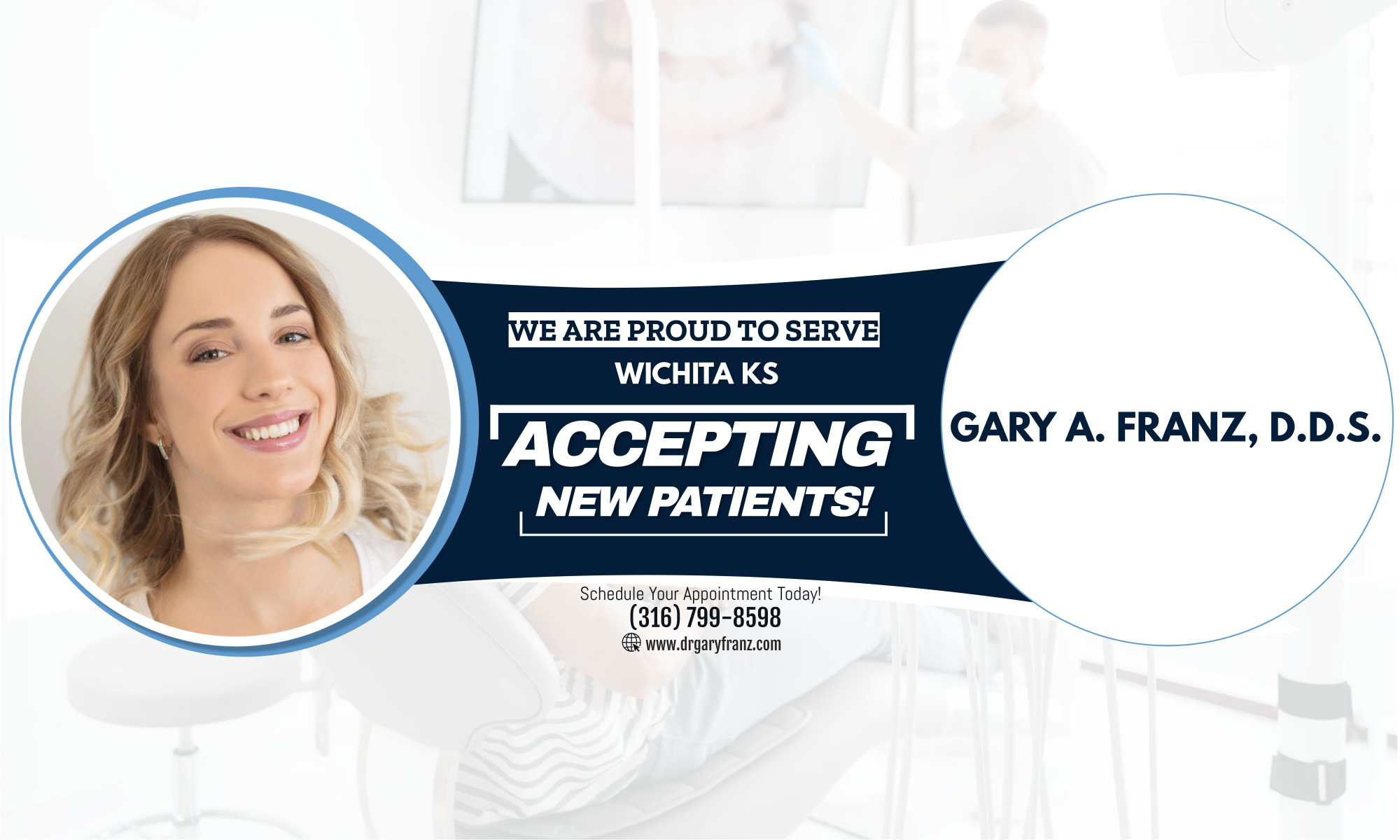Choosing the right dentist for your needs is an important part of giving yourself the best oral health possible.
Sometimes you may find that things are not working out for the best and it’s important to take steps to resolve any problems rather than just put off your dental care.
First, talk to your dentist about any concerns. They will probably be able to accomodate your needs if you tell them what you are looking for.
In some situations, you may feel that you want to look around at alternative options – maybe there are other dentists who meet your needs better, taking into account factors such as location, office hours, fees and emergency arrangements.
If you are comparing fees, ask for estimates on full-mouth x-rays and a preventive dental visit that includes an oral exam and tooth cleaning.
If you have any doubts about treatment your dentist has recommended, it may be a good idea to set your mind at rest by getting a second opinion from another dentist.
However, even in the best dentist-patient relationship, problems can sometimes occur. If your dentist is not able to resolve your concerns, you can contact your state or local dental association.
They have established systems of peer review that provide an impartial and easy way to resolving misunderstandings regarding the appropriateness or quality of care.
If you are not completely staisfied with the dental treatment you are getting, it’s important ot take steps to put it right – whether you sort it out with your own dentist or find another one.
